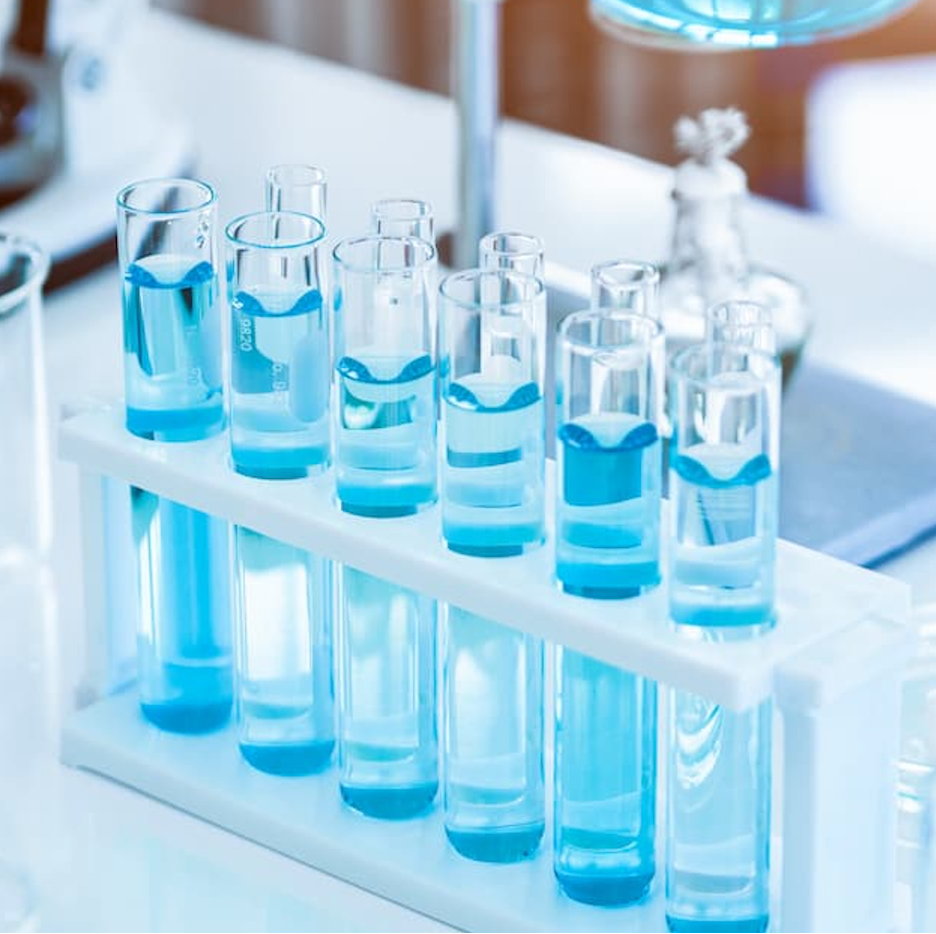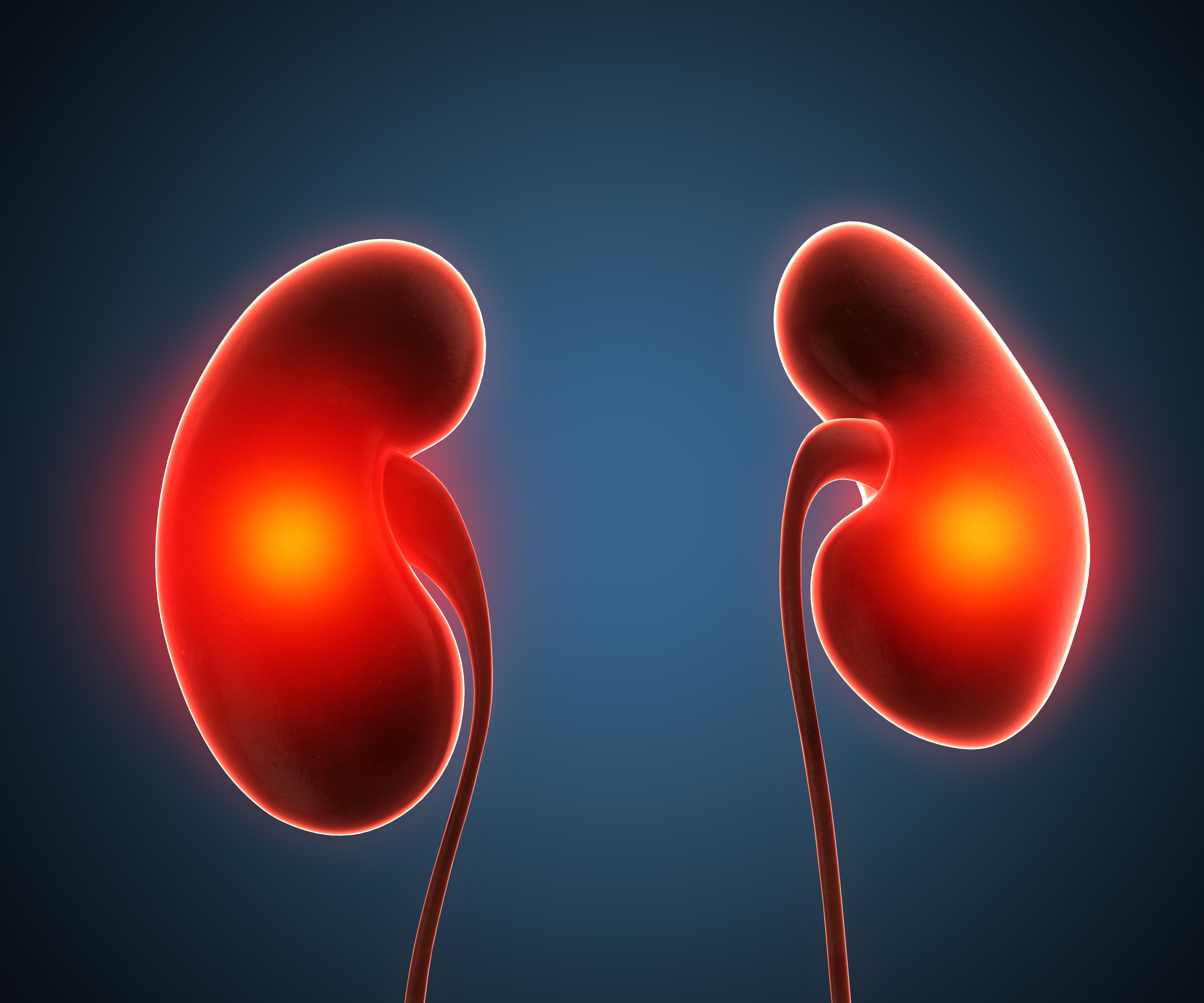Article
Biosimilar MB02-DM Demonstrates Bioequivalence to Bevacizumab
Author(s):
Statistical analysis showed no differences between each pairwise comparison of the bevacizumab biosimilars, MB02-SP and MB02-DM, and the reference drug.
The bevacizumab biosimilars, MB02-SP (Standard Process) and MB02-DM (Defined Media), demonstrated similar pharmacokinetics (PK), safety, immunogenicity, and bioequivalence compared with the reference drug, according to a study published in Pharmacology Research and Perspectives.1
Image Credit: Adobe Stock/Shutter2U

MB02, a US Food and Drug Administration (FDA)- and European Medicines Agency (EMA)-approved bevacizumab biosimilar, has previously proven bioequivalence in 3 PK studies in healthy patients as well as in a clinical study comprised of a highly sensitive population.2
“As part of MB02 global development, an optimized drug substance manufacturing process using completely chemically defined growth and feed media was implemented,” a group of international investigators wrote. “The new process leads to the manufacture of a MB02 protein with an increased purity and reduced levels of heavy–heavy–light fragment, comparable to the reference product. The previous product/process was named MB02-SP and the new one MB02-DM.”
The New Zealand-based, double-blind, single-dose, parallel-group study randomized 114 healthy male participants 1:1:1 to receive a single 90-minute 1 mg/kg intravenous dose of MB02-SP (n=37), MB02-DM (n=39), or bevacizumab (n=38), with a follow-up period of 100 days. Healthy male participants were chosen to ensure the homogeneity and identify differences in PK between groups. The choice also avoided possible confounders, including the influence of sex-related factors. The 1 mg/kg dose was chosen based on previous studies and to minimize potential safety issues.
The primary endpoint was to compare the PK profiles, which was assessed using standard bioequivalence criteria (0.80 – 1.25) for the area under the serum concentration-time curve from time 0 to infinity (AUC0–∞) and maximum serum concentration (Cmax). Secondary endpoints were safety, which was determined using treatment emergent adverse events (TEAEs), and immunogenicity.
Eligible patients were aged between 18 and 55 years and weighed between 50 and 95 kg. Health status was determined via a physical examination, vital sign measurements, clinical laboratory data, and medical history.
Most patients were White (67.5%, 77/114). The mean age at day -1 ranged from 30.8 to 34.1 years among groups.
Statistical analysis showed no differences between each pairwise comparison of the biosimilars and the reference drug. Further, the PK profiles of bevacizumab were comparable among biosimilars, with the AUC0–∞ reported as 7,500,000 for MB02-SP, 8,000,000 for MB02-DM, and 7,520,000 for bevacizumab. The Cmax was 25,600 in the MB02-SP group, 27,400 in the MB02-DM group, and 26,100 in patients receiving bevacizumab.
The 90% confidence intervals (CIs) for the ratios of geometric least squares means ranged from 0.899 to 1.12 for area under the curve and from 0.887 to 1.11 for maximum concentration, which were fully contained within similarity acceptance limits.
During the follow-up period, 159 adverse events were experience by 76 participants. Most (90.6%) were rated as grade 1 (mild) in severity and 9.4% were grade 2 (moderate).
Treatment-induced anti-drug antibodies incidence was 21.6% (n=8/37) in the MB02-SP cohort, 33.3% (n=13/39) in the MB02-DM group, and 23.7% (n=9/38) for those receiving bevacizumab. There was no incidence of treatment-induced neutralizing anti-drug antibodies.
“This phase 1 clinical trial proves that MB02-DM is comparable to MB02-SP and that it is biosimilar to the reference product, supporting the conclusions drawn at analytical level,” investigators concluded.
References
- Schwabe C, Cole A, Espigares-Correa A, Beydon ME, Florez-Igual A, Queiruga-Parada J. A randomized, double-blind, single-dose study to assess bioequivalence of MB02 biosimilar after manufacturing iteration and reference bevacizumab. Pharmacol Res Perspect. 2023;11(2):e01070. doi:10.1002/prp2.1070
- Sinn A, García-Alvarado F, Gonzalez V, Huerga C, Bullo F. A randomized, double blind, single dose, comparative study of the pharmacokinetics, safety and immunogenicity of MB02 (bevacizumab biosimilar) and reference bevacizumab in healthy male volunteers. Br J Clin Pharmacol. 2022;88(3):1063-1073. doi:10.1111/bcp.15032





